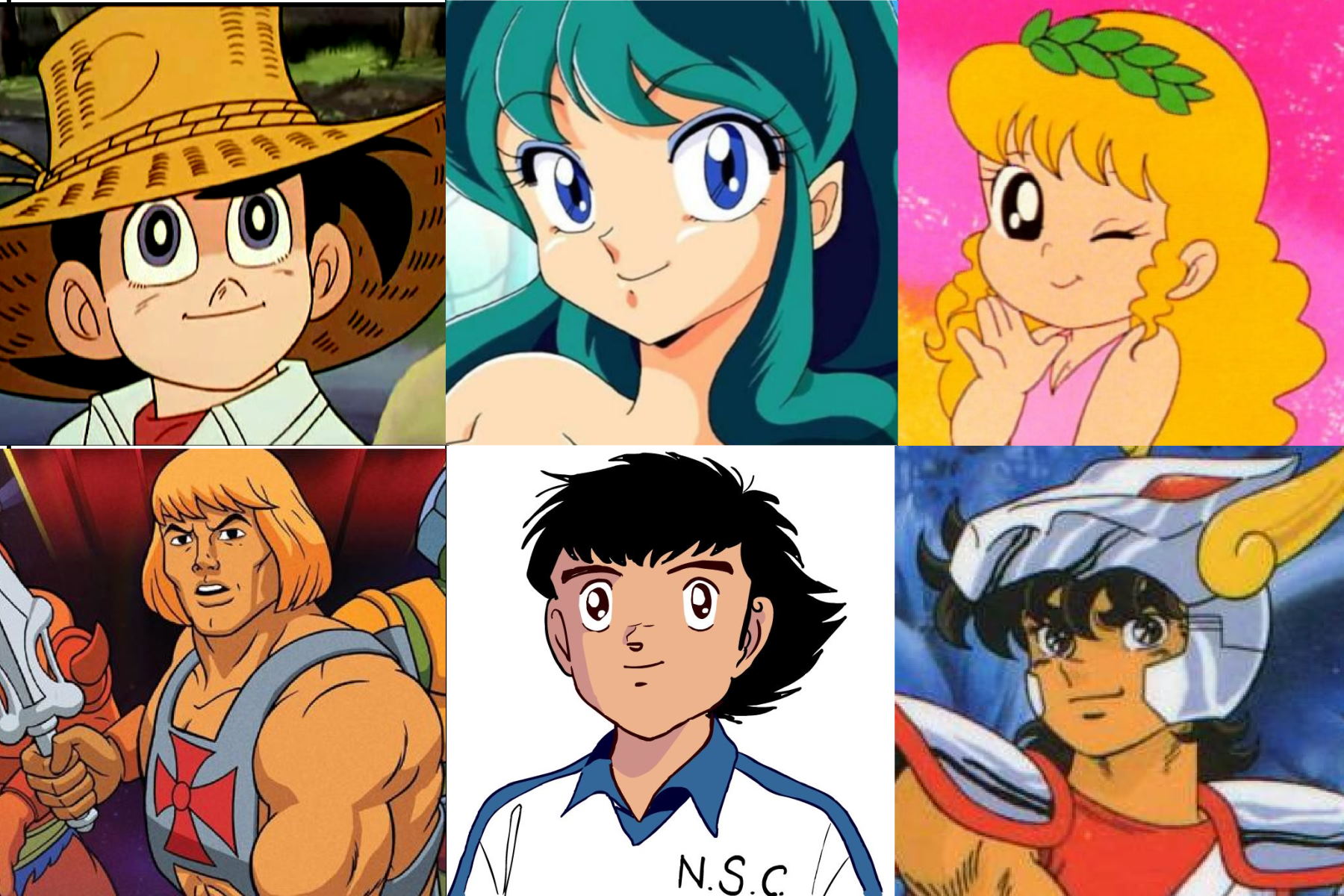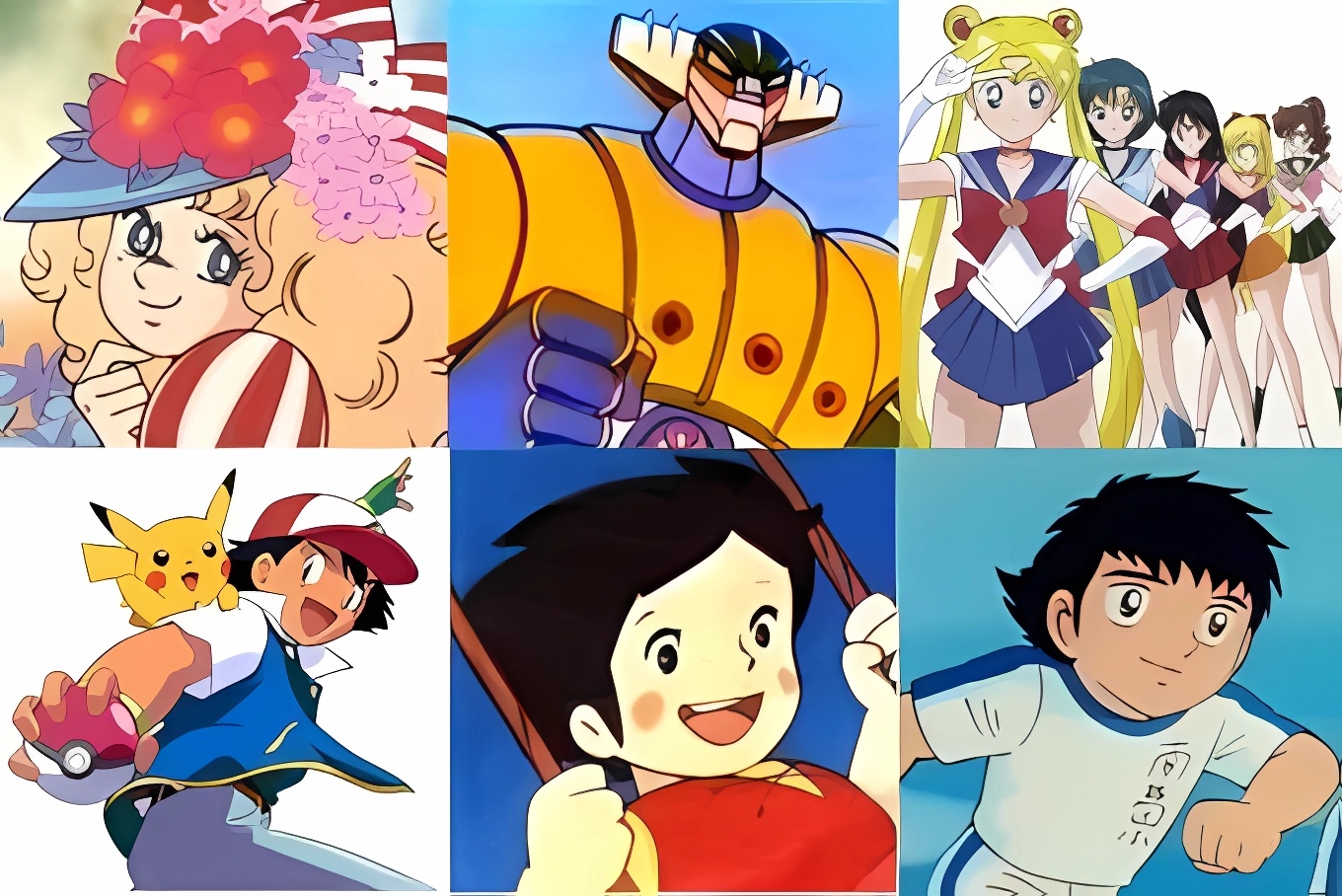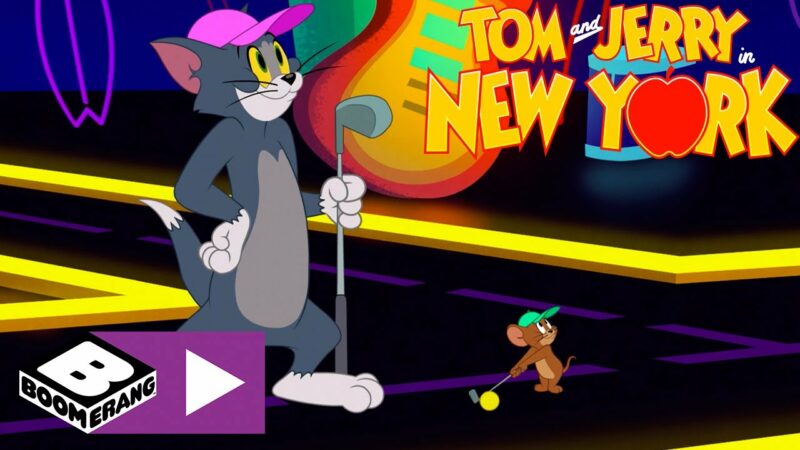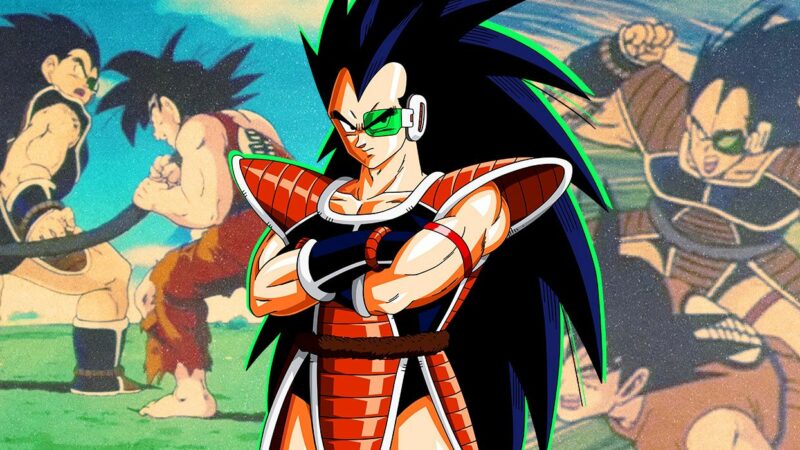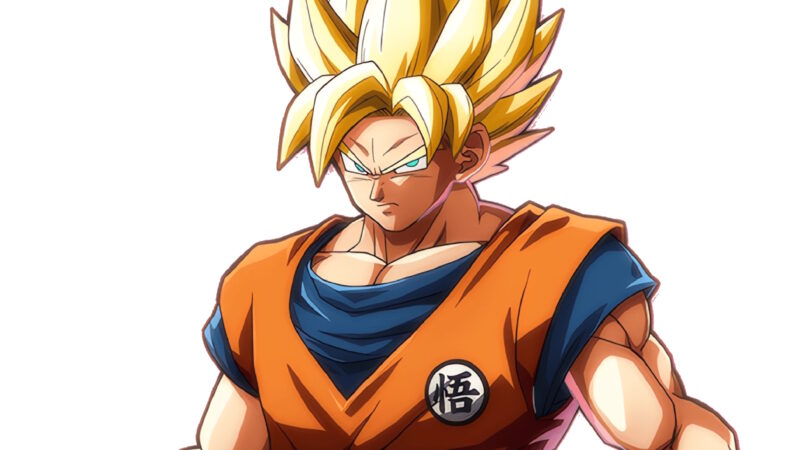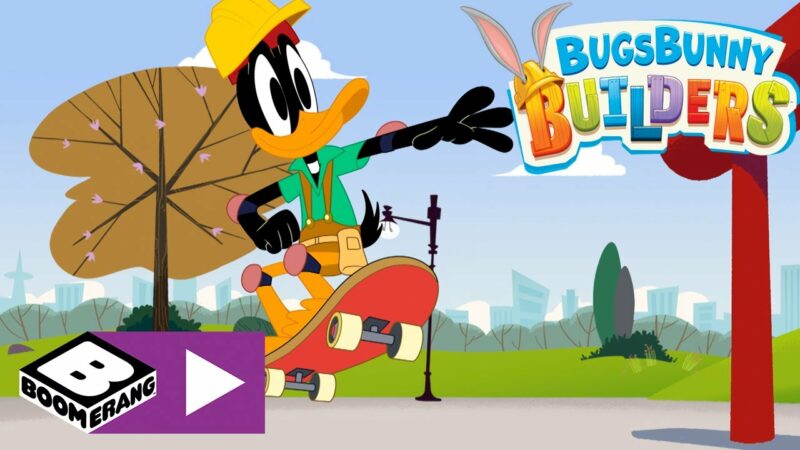Peter of Placid Forest / Back to the Forest the 1980 animated film
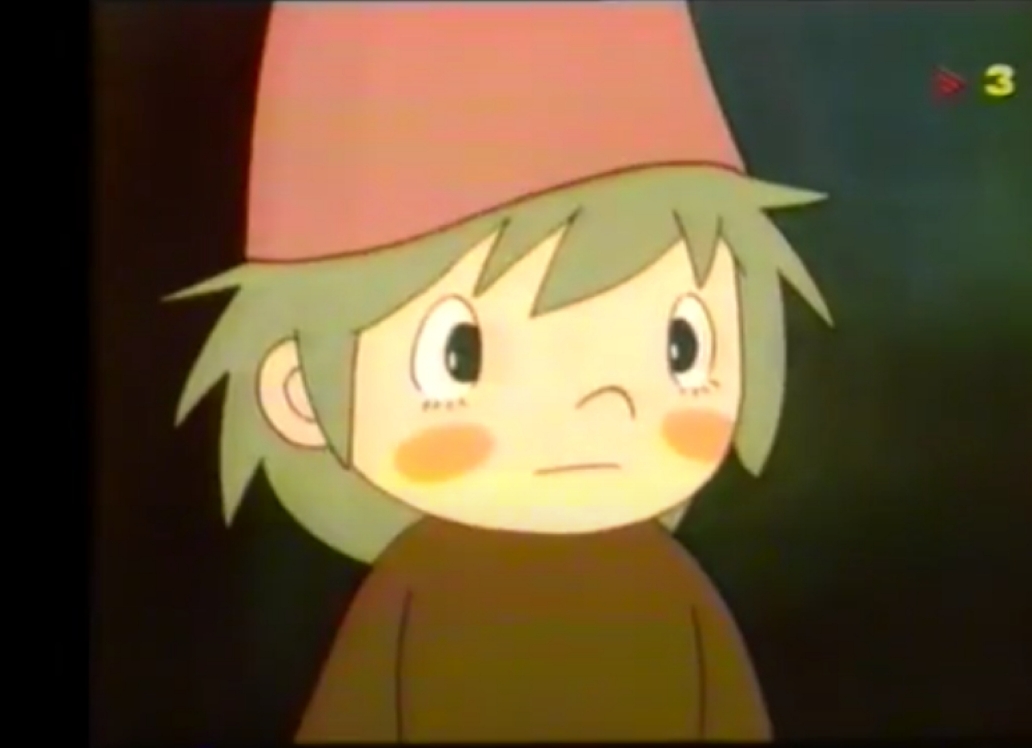
Peter of Placid Forest also known as Back to the Forest in the home video version (original title: の ど か 森 の 動物 大作 戦, Nodoka Mori no Doubutsu Daisakusen , lit. The Great Plot of the Animals of Placid Forest) is a special Japanese animated (anime) film, which aired as part of Fuji TV's Nissei family special block on February 3, 1980. The film directed by Yoshio Kuroda, produced by Nippon Animation with the 75-minute Madhouse production assistance was released in the US as a home video version thanks to Celebrity Home Entertainment. It has never screened in theaters in either country, although US cable channel Nickelodeon occasionally showed it as part of the weekend's “Special Delivery” block.
The special is based on the 1968 children's novel Jakobus Nimmersatt , by the German author Boy Lornsen.
History
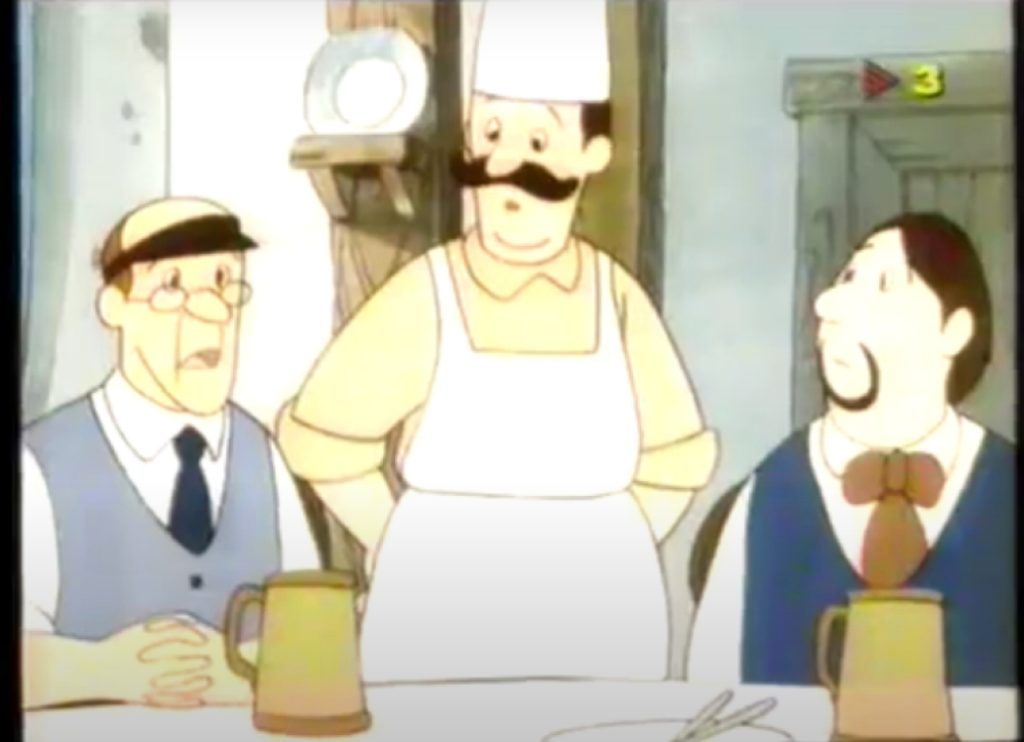
One day a hungry crow named Jakob, while searching for food, casually overhears a meeting inside a village house. The local church appears to be in dire need of repairs. “No problem,” says Father Benjamin (voiced by Leonard Pike). "You can cut wood from the forest". But then Marcus (Cyn Branch) comes up with a bolder idea. “Why not cut down all the trees and sell the wood to the sawmill? You could earn so much money that you could all become rich beyond the wildest dreams ”.
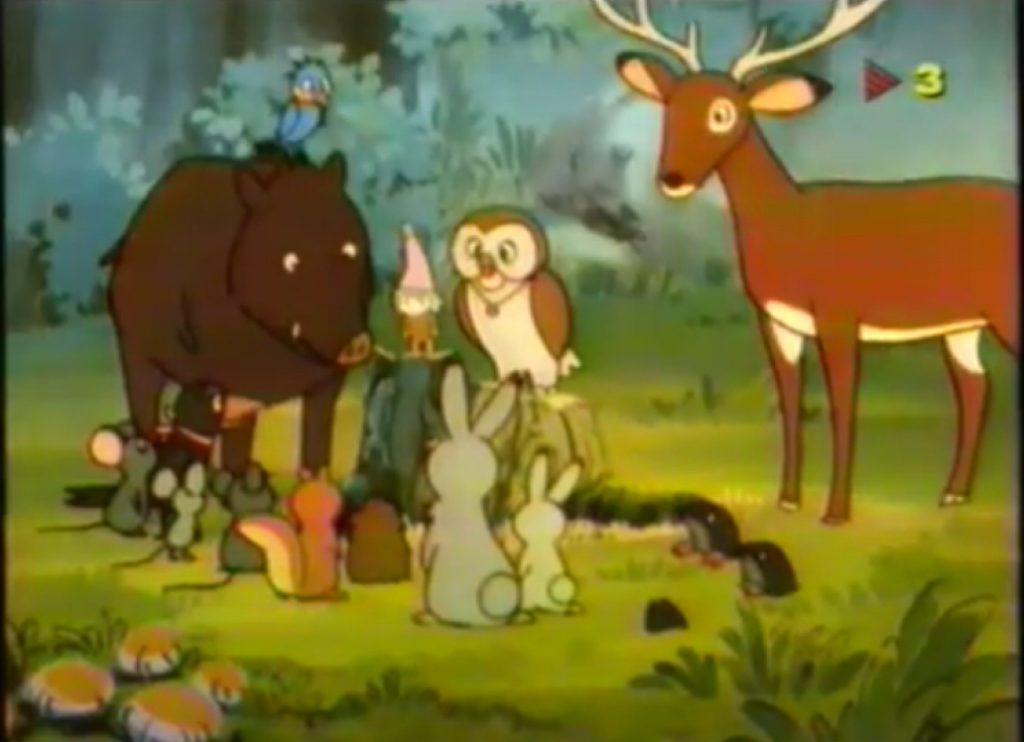


Everyone agrees that this is a wonderful idea, except Matthew (voiced by Alfred Russell), the old nature-loving farmer, who is quickly silenced. Upon hearing those terrible words, the crow Jakob flies to warn the animals of the Peaceful Forest, including Mary the self-obsessed vain owl (voiced by Lisa Paulette), Adam the slow frog and Stanley the thorny hedgehog. At first the animals are determined to wage war on the villagers, to defend their forest. However, Peter (Reba West), the little green-root elf and protector of nature, proposes a peaceful solution. They send a warning letter to the villagers begging them to leave Placid Forest alone. Unfortunately, and inevitably, men think the letter is nothing more than a joke. What can a bunch of stupid animals do?



The ecological theme
Safeguarding the environment has always been a very important theme in Japanese animation, long before animated films like FernGully - The Adventures of Zak and Crysta (1992) and the wicked Captain Planet and the Planeteers they espoused this cause. Starting with the chaotic science fiction fairy tales of the XNUMXs, ecological themes got bolder in the XNUMXs. While most adults were too busy counting their own money to contest then President Ronald Reagan's bizarre claim that trees created pollution, a series of seemingly harmless cartoons aimed at home video shaped young minds. some children. In their modest way, souls like Legend of the forest (1987), Wat Po (1988), Nausicaä of the Valley of the Wind (1984) and Peter of Placid Forest they helped to sow the seeds for a collective change of the new generation in attitudes towards the environment.
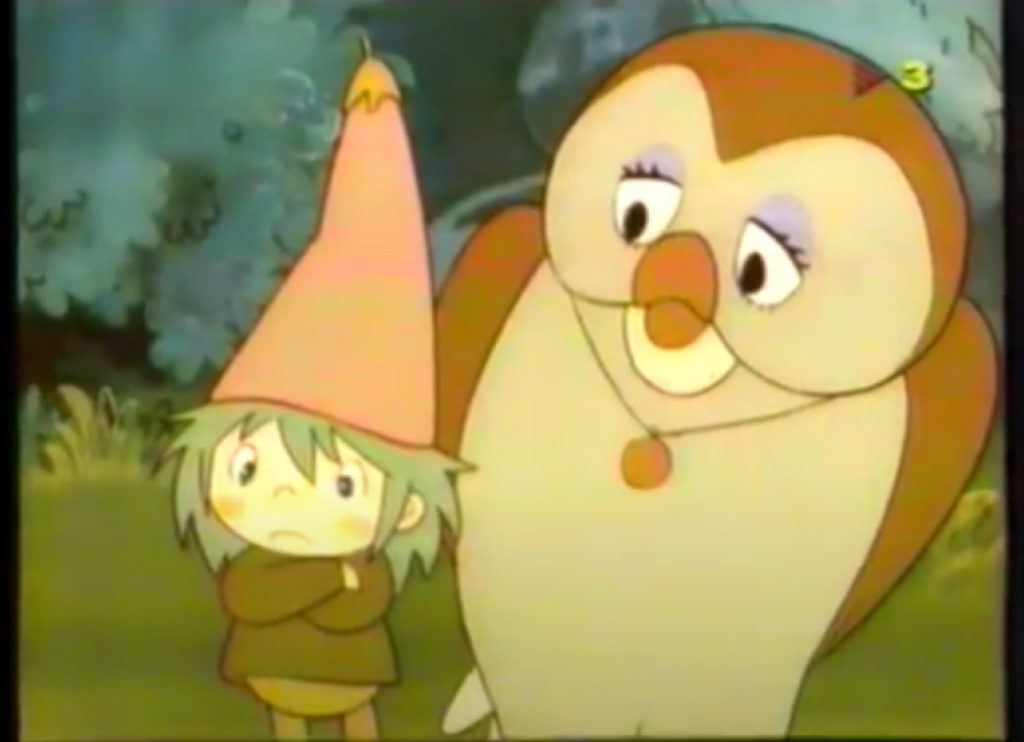


The film is an adaptation of the novel Jakobus Nimmersat (also the original Japanese title of the anime) by the Scandinavian writer Boy Lornsen, Peter of Placid Forest it first aired on the Nickelodeon channel in the late XNUMXs. It was also released on VHS as Back to the Forest. With a lively theme song performed by a band called Slapstick and adorable characters drawn by the great Yasuji Mori, the film is aimed primarily at very young children. He paints broadly by satirizing the capitalist dreams that fuel humanity's contempt for nature (“I don't care what happens to those animals, I have to cut down those trees!”) And, some might argue, devises simplistic solutions. To their credit, however, director Yoshio Kuroda (a reliable crafter of children's fantasy) and screenwriter Toshiyuki Kashiwakura avoid resorting to crude caricature. Far from being cold-hearted captains of industry, Marcus and his friends are described as basically decent men who just want to improve their lives and that of the villagers. That said, they prove remarkably, if perhaps realistically, stubborn even after Peter and his animal friends begin an almost biblical attack on the village. They start by stealing men's lunches, then gradually escalate until private property is destroyed. Again to its credit, the film emphasizes the importance of teaching budding young eco-warriors the consequence of such reckless action that it leaves few willing to take them seriously.
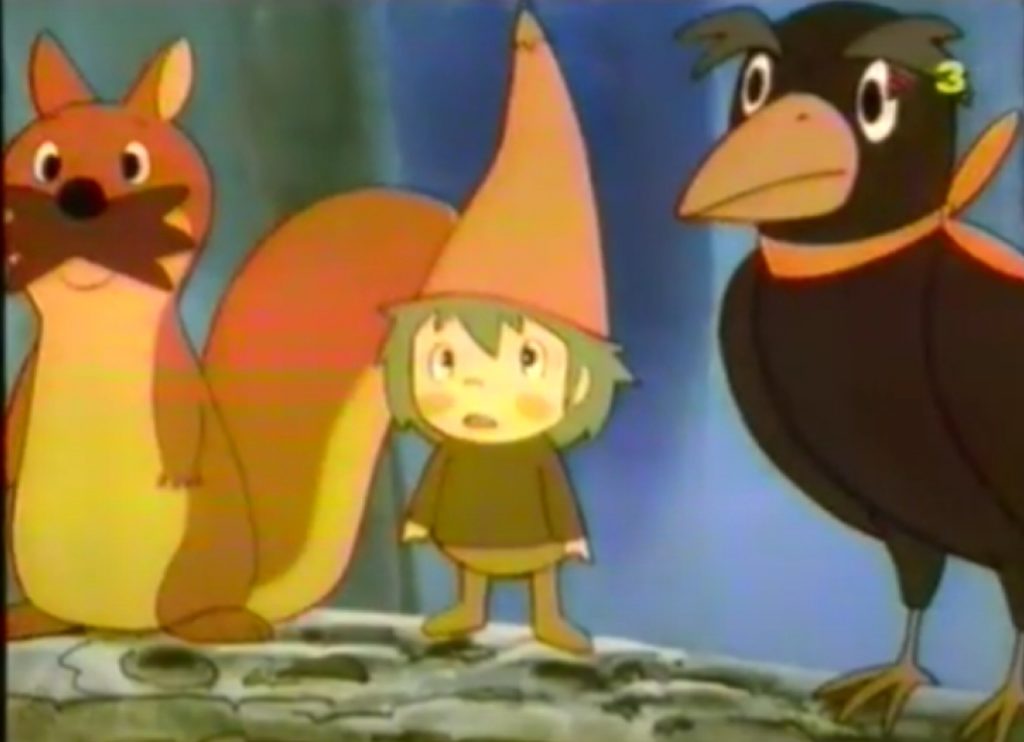


While the articulate debates and orderly resistance are deeply Japanese, some insane subplots almost derail an already mild story. The mice and squirrels start a feud over who can destroy the local bridge fastest. Losing the battle, a gruff Pope Rat scolds his daughter for not pulling her weight, reducing her to tears as she becomes insecure. At first it is said that if a human sees Peter, he will cease to be a magical fairy, but that never comes into play. The film crosses a line between involuntary and deliberate comedy (like when Mary the Owl tries to exert her charm on a domestic chicken, only to be told she's not her type) but its third act successfully balances the overall lighthearted tone. with a darker mystical undercurrents. Although Mori's designs remain too cute to be threatening.
Characters
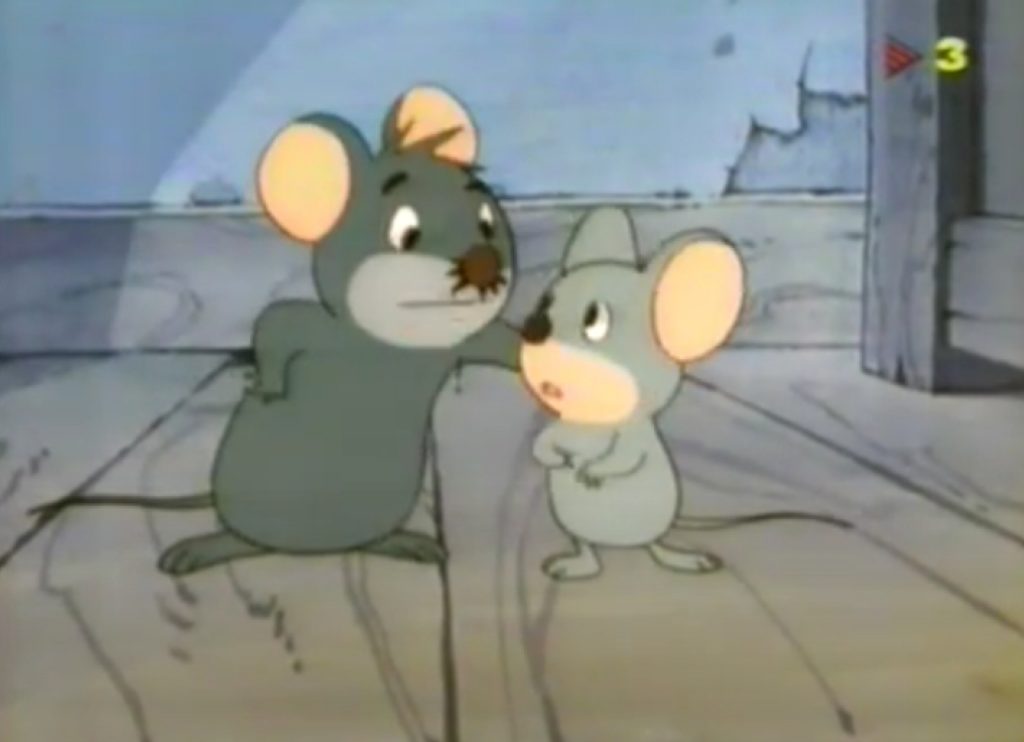


- Jacob he is a black crow wearing a yellow bandana, he is the leader of the forest animals and the first to raise the alarm about the imminent threat. He has excellent leadership, courage and speech. His biggest flaw, however, is his occasional appetite for food, especially cheese, which imprisons him in a mousetrap set by Marcus.
- Peter: an elf with a pink hat and green clothes, is a great ally of Jacob. He is named president of the animals, Jacob's second in command. Sometimes he plays hide and seek with his friend Penny and is skilled in taking a look at all the problems that can arise from a too rash decision. He can become invisible at will, but when someone sneezes, he becomes visible, which almost betrays him in front of Marcus, when he tries to steal lunch from humans.
- Pennie: he's a red-nosed mouse, he's very scared. When he proceeds to gnaw the bridge that leads from Placid Forest to the village with Billy and his team of rats, he nearly falls into the river and escapes, earning Billy's coward label. However, she finally takes courage when she drops a pot on Marcus' cat. This prompts Billy to call her "the first mouse to ever have a cat in the history of the mouse kingdom".
- Billy, the leader of the mice. He is initially very strict about fear, calling Penny a coward for not nibbling the bridge, but when Penny proves her courage by inadvertently dropping a pot on Marcus' cat, he becomes extremely grateful for her. He is voiced by Eddie Frierson in the English version.
- Paul, the leader of the squirrels. It is very competitive against mice. He offers to listen to any suggested ideas and is a reliable ally for animals. He is voiced by Doug Stone in the English version.
- mary, an owl wearing a locket, is obsessed with her looks and beauty. She is arrogant at times, especially with Jacob, whom she teases at times, but in the long run she is sweet and understanding. She is voiced by Masuyama Eiko in the Japanese version and by Lisa Paulette in the English version.
- Carl, a green rabbit. He participates in the plot of the forest together with his grandfather, and is obedient and loyal to both him and Peter. He is voiced by Koyama Mami in the Japanese version and by Wendee Lee in the English version. His grandfather is voiced by Richard Barnes.
- Jay, as the name suggests, is a blue jay. He is easily aroused and upset, which is his biggest flaw, and sometimes he can't tell how other animals are feeling. He is voiced by Steve Apostolina in the English version.
- Stanley , a hedgehog. When he hears an idea or has a particular goal, he'll stick with it until he's done. His obsessive nature, however, can lead him to occasional outbursts. He is voiced by Don Warner in the English version.
- Adam, a frog. He is relatively calm, unlike Jay. When he jumps, his speech is sometimes fragmented. He is voiced by Dave Mallow in the English version.
Human
- Marcus, the leader of evil humans. His leadership and courage match those of Jacob, but unlike him, Marcus is arrogant and usually doesn't think about the consequences first. He is voiced by Cyn Branch. His wife, Bertha, is voiced by Lisa Paulette.
- Timothy, a businessman. Like Marcus, he is intent on receiving money and will often ignore the consequences of his actions. He is voiced by Drew Thomas. His wife is voiced by Deanna Morris.
- Nigel, a chef. He has a hoarse voice, which reflects his courage and tenacity. He is voiced by Cliff Wells.
- Michael, a tailor. He's not as keen on clearing the forest as other men do, but he likes to have a large sum of money. He is voiced by Michael Sorich. His wife, Joanna, is voiced by Penny Sweet.
- Benjamin, a priest. It is somewhat a neutral party with respect to other men, since at first it only cares about its church. He is voiced by Leonard Pike.
- Matteo, a shepherd. He betrays his teammates, as he opposes the clearing of the forest. This makes him a reliable ally for animals, even if a human being. He is voiced by Mikey Godzilla.

